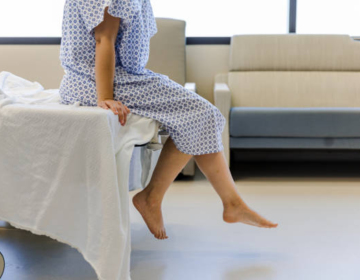What is Sexual Assault?
Sexual assault is any sexual act that happens without your consent. This can include touching, kissing, or any form of sexual activity. Sexual assault is a serious crime and can happen to anyone, regardless of age, gender, or background.
In Australia, sexual assault is against the law. You can report it to the police. The law protects you and ensures that your complaint is taken seriously.
Sexual assault is a serious problem because it causes physical and emotional harm. Understanding what sexual assault is and how to get help is important to protect yourself and others. By knowing your rights and seeking support, you can ensure your safety and well-being.
It is important to always remember:
- You have the right to be safe and respected.
- Sexual assault is never your fault.
- Help is available, and you are not alone.
Forms of Sexual Assault
Sexual assault can happen in many ways. Here are some examples:
- Unwanted Touching: Any form of touching that makes you feel uncomfortable or scared.
- Forced Kissing: Kissing you without your permission.
- Rape: Forced sexual intercourse without consent.
- Attempted Rape: Trying to force sexual intercourse without consent.
- Coercion: Making you feel pressured or forced to engage in sexual activities.
Where Can Sexual Assault Happen?
Sexual assault can happen anywhere. Here are some common places:
- Home: By family members, partners, or visitors.
- Workplace: By a boss, co-worker, or client.
- School or University: By teachers, professors, or other students.
- Public Places: On the street, in shops, or on public transport.
- Social Events: Parties, gatherings, or social outings.
Recognising Sexual Assault
Recognising sexual assault can be difficult, but some signs include:
- Feeling scared, confused, or uncomfortable after a sexual encounter.
- Having physical injuries or marks.
- Feeling pressured or forced into sexual activities.
- Experiencing flashbacks or nightmares about the assault.
- Not remembering anything or some parts.
Keeping Yourself Safe
If you or someone you know is experiencing sexual assault, here are some tips to help keep you safe:
- Trust Your Instincts: If something feels wrong, it probably is.
- Speak Up: If you feel safe, tell the person to stop or ask for help.
- Get to a Safe Place: Leave the situation and go somewhere safe.
- Tell Someone You Trust: Share what’s happening with a friend, family member, or trusted colleague.
- Seek Medical Attention: Get medical help to check for injuries and collect evidence.
Getting Help
If you have experienced sexual assault, it is important to seek help. There are resources and services available to support you.
1800RESPECT: Call 1800 737 732 for confidential help and advice.
You can contact the Australian Federal Police on 131 237 or go to the AFP website.
Legal Aid Services: Offer free legal advice and help. They can explain your rights and help you with legal issues. You can contact legal aid in your state or territory here.

